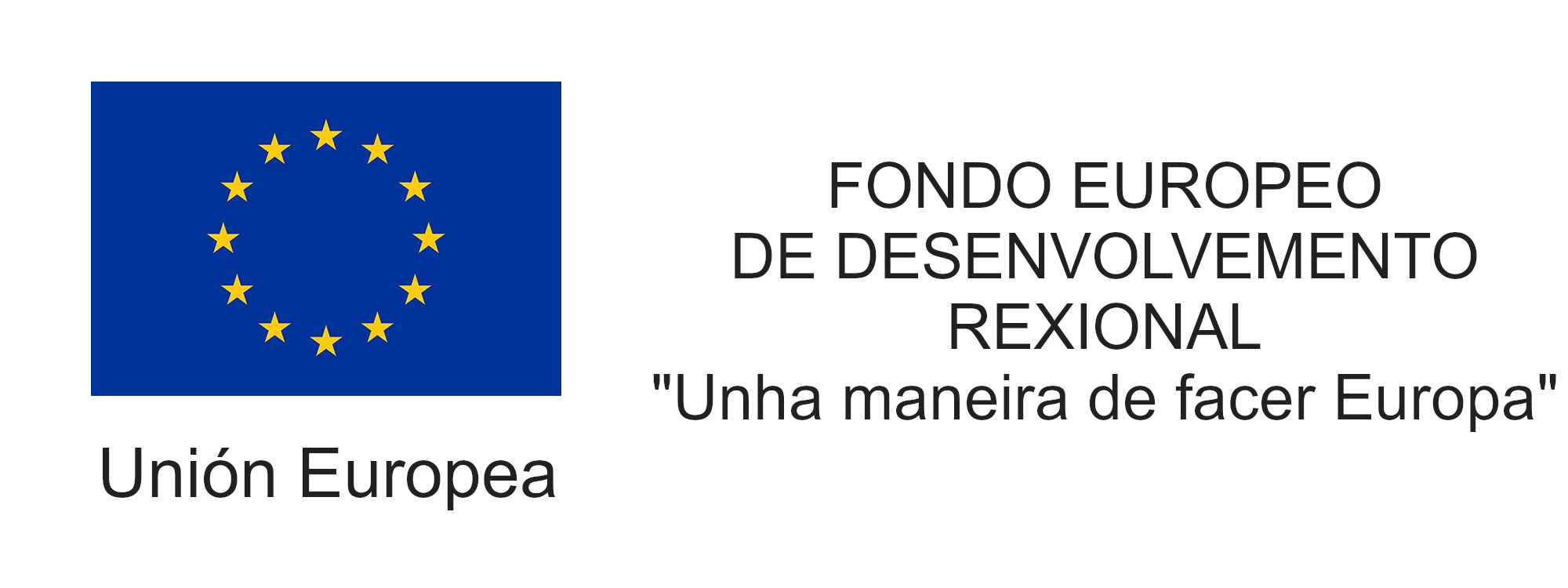If you are using a mobile device, we recommend you to download the PDF version of the program or checking these alternative sites:
March 15 (Edifício CINC) | |||
Start | End | Title | |
08:30 | 10:00 | Registration Registration Desk | |
09:00 | 10:00 | Session 7: Oral & Poster Presentations | |
Sala 1: Oral Presentations | Sala de Convencións: Poster Presentations | ||
09:00 | 09:20 | "CLSJUR.BR – A Model for Abstractive Summarization of Legal Documents in Portuguese Language based on Contrastive Learning", Alex Aguiar Lins, Cecilia Silvestre Carvalho, Francisco Das Chagas Jucá Bomfim, Daniel de Carvalho Bentes and Vládia Pinheiro | Poster Session 7 (see titles below) |
09:20 | 09:40 | "Applying event classification to reveal the Estado da Índia", Gonçalo C. Albuquerque, Marlo Souza, Renata Vieira and Ana Sofia Ribeiro | |
09:40 | 10:00 | "A Natural Language Text to Role-Playing Game Animation Generator", Caio F. Oliveira, Artur Franco, Wellington Franco and José G. R. Maia | |
10:00 | 11:00 | Keynote 3: Marta Ruiz Costa-Jussà Beyond Semantic Evaluation in Seamless Speech Translation Models Sala 1 | |
11:00 | 11:30 | Coffee Break & Awards (11:15) Sala de Convencións (Coffee Break) & Sala 2 (Awards) | |
11:30 | 13:00 | Discussion Panel: "A Inteligência Artificial e o Futuro da Língua Portuguesa" António H. Branco (President of ELRA & Professor at the University of Lisbon, Portugal), Valentín García (Secretario Xeral de Política Lingüística, Xunta de Galicia, Ana Paula Laborinho (Director of OEI, Portugal), Claudio Pinhanez (IBM & Vice-Director C4AI, Brazil), Ismael Gómez García (Director of Global Digital Strategy at OEI, Spain). Sala 1 | |
13:00 | 14:30 | Lunch Break Sala de Convencións | |
14:30 | 15:00 | Closing Session Sala 1 | |
15:00 | 16:30 | Community Meeting Sala 1 | |
18:00 | 19:30 | Visita Guiada ao CESGA: Centro de Supercomputação da Galiza | |
Session 7 Posters
- "A Multilingual Dataset for Investigating Stereotypes and Negative Attitudes Towards Migrant Groups in Large Language Models", Danielly Sorato, Carme Colominas Ventura and Diana Zavala-Rojas.
- "A Bag-of-Users approach to mental health prediction from social media data", Rafael Oliveira and Ivandré Paraboni.
- "Semi-automatic corpus expansion: the case of stance prediction", Camila Pereira and Ivandré Paraboni.
- "Comparative Analysis of Intentional Gramatical Error Correction Techniques on Twitter/X", Thainá Marini and Taffarel Brant-Ribeiro.
- "Towards a Syntactic Lexicon of Brazilian Portuguese Adjectives", Ryan Martinez, Jorge Baptista and Oto Vale.
- "Literary similarity of novels in Portuguese", Diana Santos.
- "NLP for historical Portuguese: Analysing 18th-century medical texts", Leonardo Zilio, Rafaela Radünz Lazzari and Maria Jose Bocorny Finatto.
- "Exploring Open Information Extraction for Portuguese Using Large Language Models", Bruno Cabral, Daniela Claro and Marlo Souza.
- "First assessment of Graph Machine Learning approaches to Portuguese Named Entity Recognition", Gabriel Silva, Mário Rodrigues, António Teixeira and Marlene Amorim.
- "Toxic Speech Detection in Portuguese: A Comparative Study of Large Language Models", Amanda da Silva Oliveira, Thiago de Carvalho Cecote, João Paulo Reis Alvarenga, Vander Luis de Souza Freitas and Eduardo José da Silva Luz.
- "RecognaSumm: A Novel Brazilian Summarization Dataset", Pedro Henrique Paiola, Gabriel Lino Garcia, Danilo Samuel Jodas, João Vitor Mariano Correia, Luis Afonso Sugi and João Paulo Papa.
- "Aspect-based sentiment analysis in comments on political debates in Portuguese: evaluating the potential of ChatGPT", Eloize Seno, Lucas Silva, Fábio Anno, Fabiano Rocha and Helena Caseli.
- "Increasing manually annotated resources for Galician: the Parallel Universal Dependencies Treebank", Xulia Sánchez-Rodríguez, Albina Sarymsakova, Laura Castro and Marcos Garcia.
- "CorpusNÓS: A massive Galician corpus for training large language models", Iria de-Dios-Flores, Silvia Paniagua Suárez, Cristina Carbajal Pérez, Daniel Bardanca Outeiriño, Marcos Garcia and Pablo Gamallo.
- "Towards Portparser – a highly accurate parsing system for Brazilian Portuguese following the Universal Dependencies framework", Lucelene Lopes and Thiago Pardo.
- "Automated admissibility of complaints about fraud and corruption", Thiago De Paula, André Do Amaral, Andre Victor, Luis Alberto Sales, Rodrigo Moreira, Thiago Meirelles and Rafael Basso.
- "Study of the State of the Art Galician Machine Translation: English-Galician and Spanish-Galician models", Sofía García González and German Rigau Claramunt.
- "Bartoli's areal norms revisited: an agent-based modeling approach", Dalmo Buzato and Evandro Cunha.
- "RePro: a benchmark for Opinion Mining for Brazilian Portuguese", Lucas Nildaimon dos Santos Silva, Livy Real, Ana Claudia Bianchini Zandavalle, Carolina Francisco Gadelha Rodrigues, Tatiana da Silva Gama, Fernando Guedes Souza and Phillipe Derwich Silva Zaidan.
- "Compilation and tagging of a corpus with Celpe-Bras texts", Juliana Schoffen, Elisa Stumpf, Deise Amaral, Luiza Divino, Isadora Hanauer, Isabel Lisboa, Amanda Raupp and Brenda Xavier.
- "Enhancing Stance Detection in Low-Resource Brazilian Portuguese Using Corpus Expansion generated by GPT-3.5", Dyonnatan Maia and Nádia Félix Felipe da Silva.
- "TTS applied to the generation of datasets for automatic speech recognition", Edresson Casanova, Sandra Aluísio and Moacir Antonelli Ponti.
- "Text clustering applied to unbalanced data in legal contexts", Lucas José Gonçalves Freitas.
